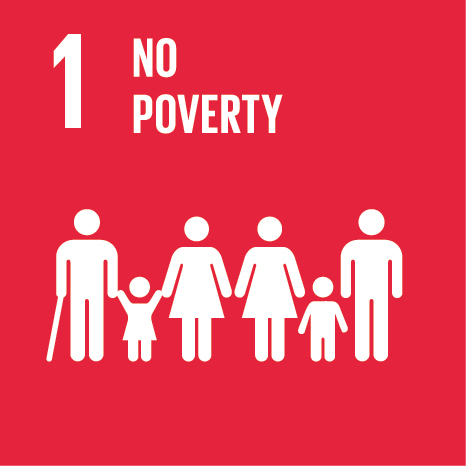Ciência_Iscte
Publications
Publication Detailed Description
Educating the countryside: The familiar agricultural extension in Portugal
Rural History 2023
Year (definitive publication)
2023
Language
English
Country
Romania
More Information
Web of Science®
This publication is not indexed in Web of Science®
Scopus
This publication is not indexed in Scopus
Google Scholar
This publication is not indexed in Google Scholar
This publication is not indexed in Overton
Abstract
During the 20th century, extension services proved particularly important in public policies to modernize agriculture. Historiography has shown how experts from the United States of America influenced the design and implementation of extension programme in European countries and on other continents, especially during the green revolution.
Starting from the Portuguese case, this paper aims to analyse how these extension ideas and practices were adapted to the political, economic and social specificities of the country during the Estado Novo dictatorship (1933-1974). In fact, during the Estado Novo dictatorial regime several initiatives were organised and disseminated in rural areas, such as professional agricultural training courses that began in 1936 promoted by technicians from the General Directorate of Agricultural Services of the Ministry of Agriculture. From 1957 onwards, some courses were particularly aimed at rural families. It seems that the initiatives sought to complement the technical courses with classes in home economics, assuming itself as the service of Family Agricultural Extension. If technological innovation was an objective in the fields, the same social change should occur at home. The courses were given to rural young people of both genders, but apparently with a particular focus on girls, with classes in cooking, sewing, childcare, cleaning, and other domestic tasks and ideals of civility and community life. This paper is a presentation of the preliminary results of an ongoing investigation of the Familiar Agricultural Extension in Portugal, connecting these initiatives with what was taking place in other European countries.
Acknowledgements
--
Keywords
Fields of Science and Technology Classification
- Agriculture, Forestry and Fisheries - Agriculture Sciences
- Economics and Business - Social Sciences
- Educational Sciences - Social Sciences
- Sociology - Social Sciences
- Social and Economic Geography - Social Sciences
- History and Archeology - Humanities
- Philosophy, Ethics and Religion - Humanities
- Arts (arts, history of arts, performing arts, music) - Humanities
Contributions to the Sustainable Development Goals of the United Nations
With the objective to increase the research activity directed towards the achievement of the United Nations 2030 Sustainable Development Goals, the possibility of associating scientific publications with the Sustainable Development Goals is now available in Ciência_Iscte. These are the Sustainable Development Goals identified by the author(s) for this publication. For more detailed information on the Sustainable Development Goals, click here.

 Português
Português




